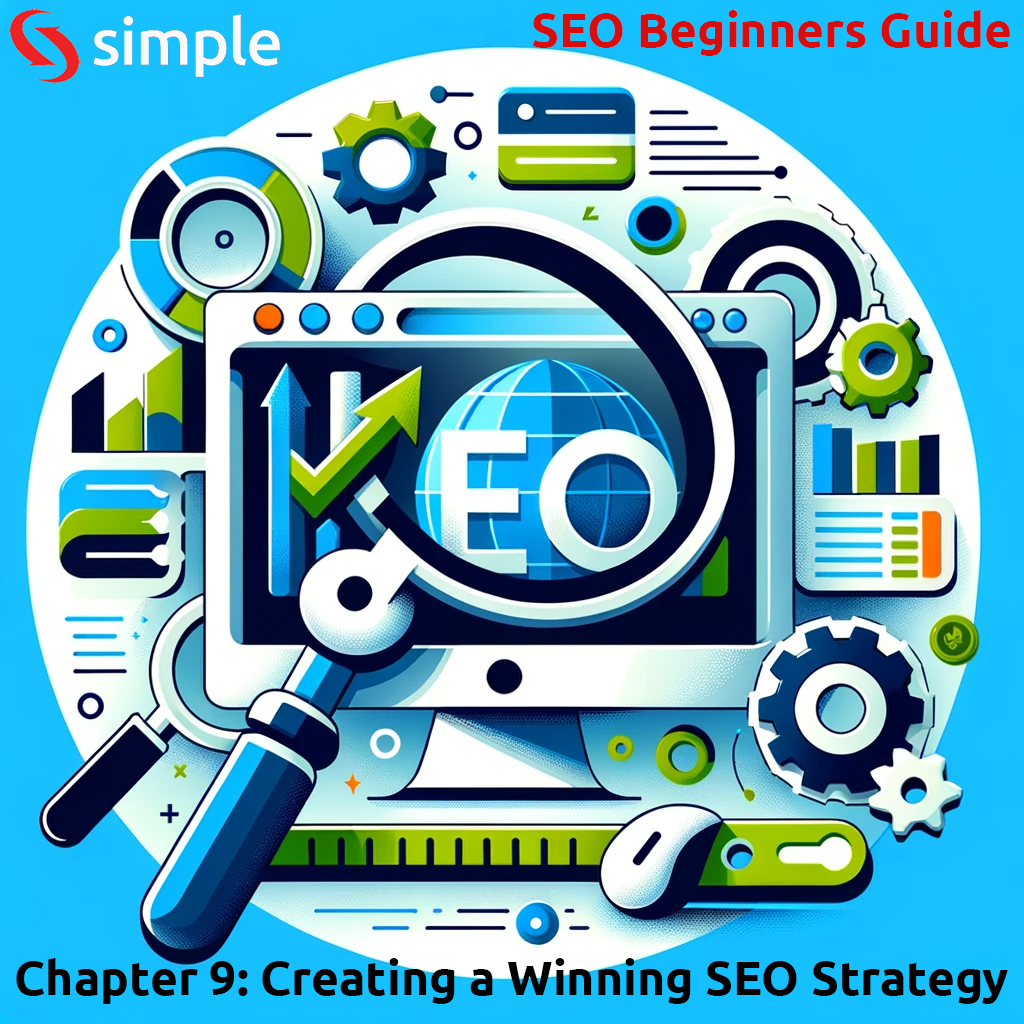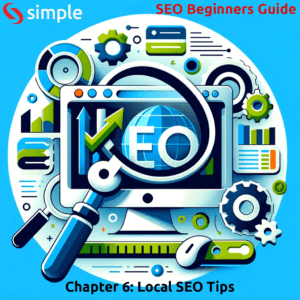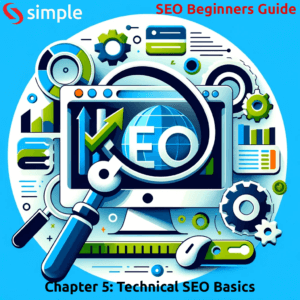A well-crafted SEO strategy is the cornerstone of online success. In this SEO beginner’s guide, we will explore the intricacies of developing effective SEO strategies, offering guidance tailored to various types of websites. Let’s embark on the journey of crafting a winning SEO plan that propels your online presence to new heights.
SEO Strategy
1. Understanding the Basics of SEO Planning
Before delving into the specifics, it’s crucial to grasp the fundamental elements of SEO planning. This includes:
a. Keyword Research:
- The bedrock of any SEO strategy is comprehensive keyword research. This involves identifying and targeting the specific terms and phrases that potential visitors are using to search for content related to your niche. Leveraging tools like Google Keyword Planner can provide valuable insights into the search volume, competition, and relevance of various keywords. The goal is to align your content with the language your target audience uses, enhancing the chances of your pages appearing in search results.
- Comment: Remember, effective keyword research is a dynamic process that evolves with changes in user behavior and industry trends.
b. Competitor Analysis:
- Analyzing competitors within your industry is a strategic move that can illuminate both opportunities and challenges. By understanding what your competitors are doing well and where they may fall short, you can tailor your SEO strategy to stand out. Identify their high-performing keywords, evaluate their content strategies, and assess the user experience on their websites. This not only provides inspiration but also helps in crafting a unique selling proposition for your own site.
- Comment: Competitor analysis is not about replication but about differentiation and finding your own competitive edge.
2. Tailoring SEO Strategies for Different Websites
Armed with a foundational understanding of SEO planning, the next step is to tailor your SEO strategy based on the type of website you manage. Different types of websites have unique requirements and objectives, and customizing your approach ensures that your efforts are aligned with your specific goals.
a. E-commerce Websites:
- For e-commerce sites, the focus shifts towards optimizing individual product pages. Craft compelling and informative product titles and meta descriptions, ensuring they contain relevant keywords. Implement a user-friendly navigation structure that facilitates seamless exploration of products. Additionally, consider incorporating customer reviews and testimonials to build trust and authority.
- Comment: E-commerce SEO is not just about selling products but creating an immersive and trustworthy online shopping experience.
b. Content-driven Blogs:
- Blogs thrive on content, and effective SEO for blogs involves creating content that not only resonates with your target audience but is also shareable. Optimize articles for long-tail keywords relevant to your niche, and integrate internal links to enhance the discoverability of your content. Regularly updating your blog with fresh and engaging content keeps both readers and search engines engaged.
- Comment: A successful blog SEO strategy involves a balance between search engine optimization and audience engagement.
c. Local Businesses:
- For businesses with a physical presence, local SEO becomes important. Claim your Google My Business listing and ensure that your NAP (Name, Address, Phone Number) information is consistent across online platforms. Encourage satisfied customers to leave reviews, as positive reviews contribute to improved local search rankings.
- Comment: Local SEO is about connecting with the community and establishing a strong online presence in your local area.
3. Executing an Effective SEO Strategy
a. On-Page Optimization:
- Optimize individual pages with relevant keywords, compelling meta tags, and a clear structure. Ensure that content is valuable and aligns with user intent. Comment: On-page optimization is about making your content not just visible but also valuable to your audience.
b. Off-Page Optimization:
- Build quality backlinks from reputable websites. Engage in social media to amplify your content reach and enhance your website’s authority. Comment: Off-page optimization extends your website’s influence beyond its digital borders.
External Links and Resources
To delve deeper into crafting a winning SEO strategy, consider exploring the following external resources:
- SEO on Simple.it
For a comprehensive guide to SEO strategies tailored to different types of websites, visit the SEO Beginners Guide on Simple.it.
Crafting an effective SEO strategy requires a holistic approach, considering the unique characteristics of your website. By understanding the basics, tailoring strategies to your website type, and executing on-page and off-page optimization, you pave the way for sustained online visibility and success. Stay tuned for more insights on mastering the art of SEO.



